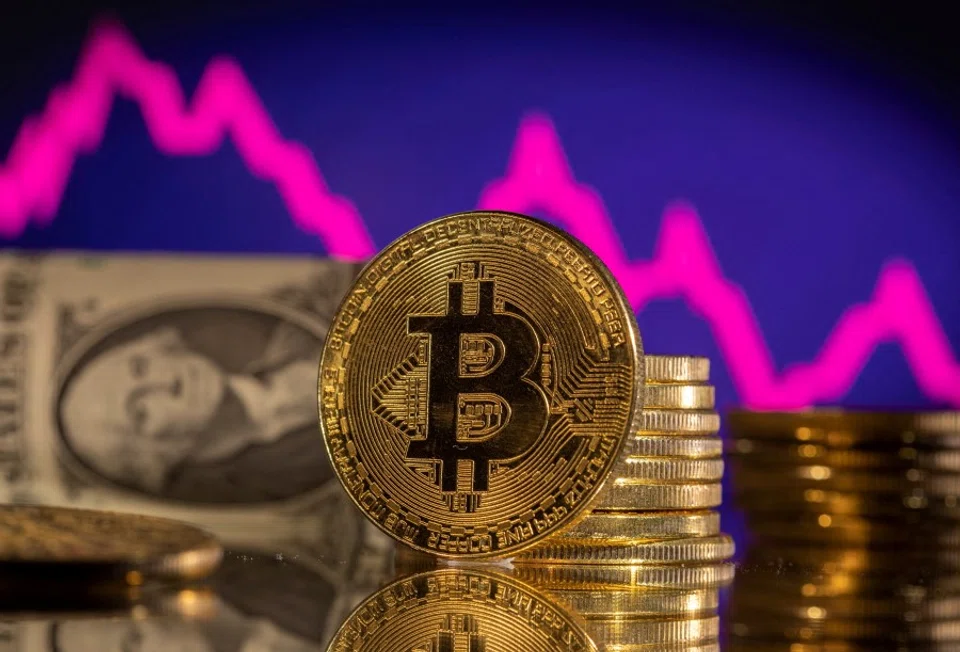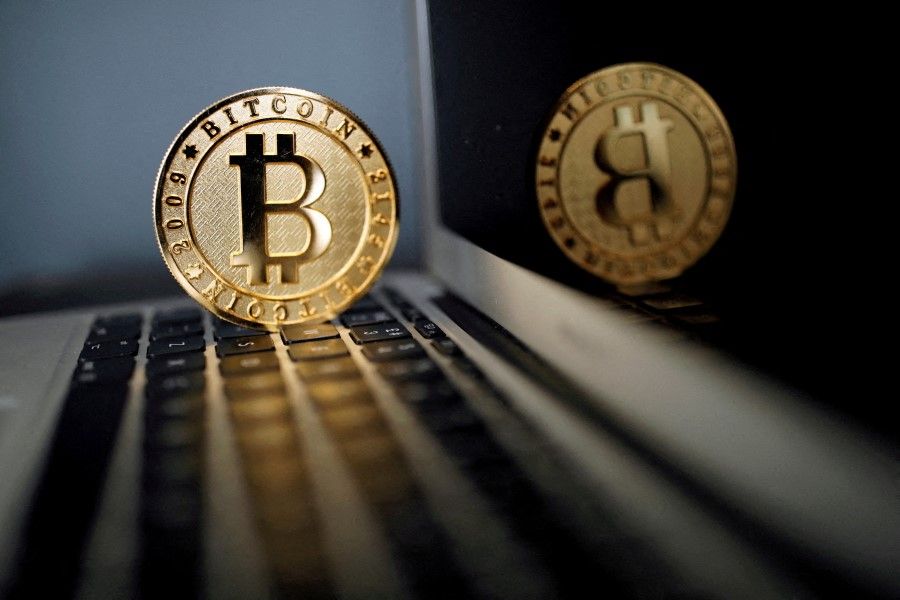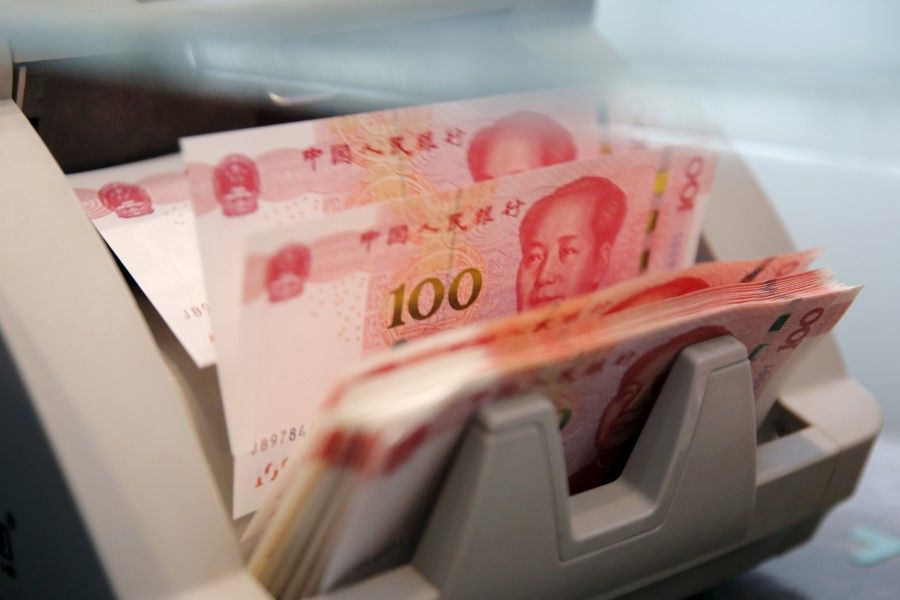Why Bitcoin can never be a mainstream currency

Bitcoin has sparked fierce debate since its inception. On the one hand, technology, cryptocurrency and we-media mavericks believe that cryptocurrencies such as Bitcoin are classic examples of a decentralised currency distribution that technically limits the total volume of currency.
Such mechanisms can protect the public from currency devaluation resulting from the over-issuance of currencies by central banks - cryptocurrency is a truly democratic currency of the future.
On the other hand, the traditional social elites, such as investment guru Warren Buffett, believe that Bitcoin is a foolish scam. Buffett's business partner Charlie Munger even said, "In my life, I try to avoid things that are stupid, and evil, and make me look bad in comparison to someone else. Bitcoin does all three."
He added, "In the first place, it's stupid because it's very likely to go to zero, and it's evil because it undermines the Federal Reserve System and national currency system, which we desperately need to maintain its integrity and government control and so on."

Munger also commended Chinese President Xi Jinping for being "smart enough" to ban Bitcoin in China.
Bitcoin's uncontrolled production mechanism, where anyone with a bitcoin mining device can start production, would continue to push up production costs as market value rises.
High mining costs
First, in terms of monetary cost, Bitcoin is a poor choice. Any currency in circulation involves production costs, or the social wealth spent to issue the currency. The currency's circulation will face issues if its issuance involves too much social wealth.
Bitcoin's decentralised nature means that anyone with a Bitcoin mining device (a computing device fitted with a dedicated calculating chip) can produce the cryptocurrency. However, due to Bitcoin's algorithm, its total volume is limited. The computing power and energy that goes into producing Bitcoins are competing for a limited supply of the cryptocurrency, and this operating model will continually increase its production costs.
Over the long term, the production costs for a currency with no restrictions placed on its issuance would reach its real circulation value. To put it simply, if one Bitcoin is valued at US$10,000 on the market, a mining cost of US$9,000 would result in a profit of US$1,000; however, as Bitcoins are limited in supply, its increased popularity will push up its market value. Bitcoin's uncontrolled production mechanism, where anyone with a bitcoin mining device can start production, would continue to push up production costs as market value rises.

The globally scarce energy and chips are the resources needed to produce Bitcoin. Over-consumption of these resources would lead to serious inflation, increasing production costs. Hence, Bitcoin cannot become more widespread due to its high production cost model.
Difficult access
Second, Bitcoin's operation renders the currency not user-friendly. The distribution of currencies requires a user-friendly service system. Traditional financial banks have always spared no effort in using technology to facilitate user payments and introduce tools such as credit cards.
In contrast, given the decentralised nature of Bitcoin, there is no central organisation to socially promote the currency's service mechanism. Bitcoin has been criticised for its time-consuming payment process, along with the absence of an effective recovery mechanism - once a user forgets their passcode to access their Bitcoins, they will completely lose this wealth.
Bitcoin is a great experiment in the history of cryptocurrencies, but having Bitcoin in its current form to replace legal currencies as a mainstream currency is just a rose-tinted dream.
Volatile value
Most importantly, there is no mechanism to maintain the value of Bitcoin. The value of a currency depends on whether it can be used to purchase goods of a corresponding value, and will be affected by government over-issuance, but that is only one factor.

Even if the government does not over-issue a currency, its value will still plunge when there are disruptions to socioeconomic operations, such as war or natural disasters. For example, recently, the war in Ukraine caused global economic disruption, while the US Federal Reserve has raised interest rates several times to control currency circulation but still failed to control inflation.
Since its inception, Bitcoin has been far less stable against the US dollar compared with the legal currencies of major economies such as Japan, China and Europe. In fact, its fluctuations against the US dollar are even more volatile than the legal currencies of underdeveloped or unstable countries.
Therefore, at least for this generation of cryptocurrencies like Bitcoin, their holders are still exposed to risks of devaluation, even if Bitcoin advocates claim that they are protected from the problems of over-issuance.
Bitcoin is a great experiment in the history of cryptocurrencies, but having Bitcoin in its current form to replace legal currencies as a mainstream currency is just a rose-tinted dream.
Related: China's crackdown on cryptocurrencies: Trade-offs between stability and innovation | How China took the lead in the digital currency race | China's crackdown on cryptocurrencies: Bitcoin miners eyeing overseas ventures | China's central bank digital currency (CBDC) innovations | As China's digital currency moves ahead, can Facebook's Libra match up?
